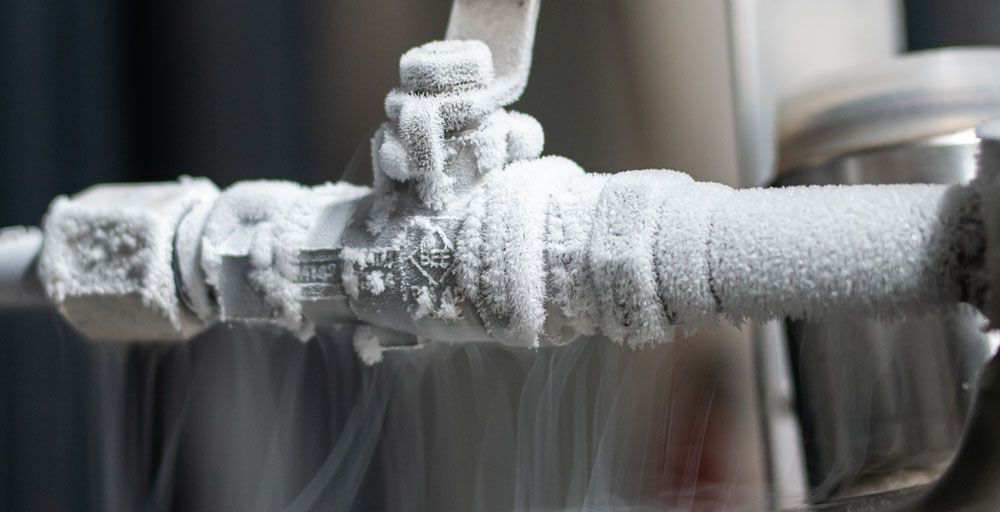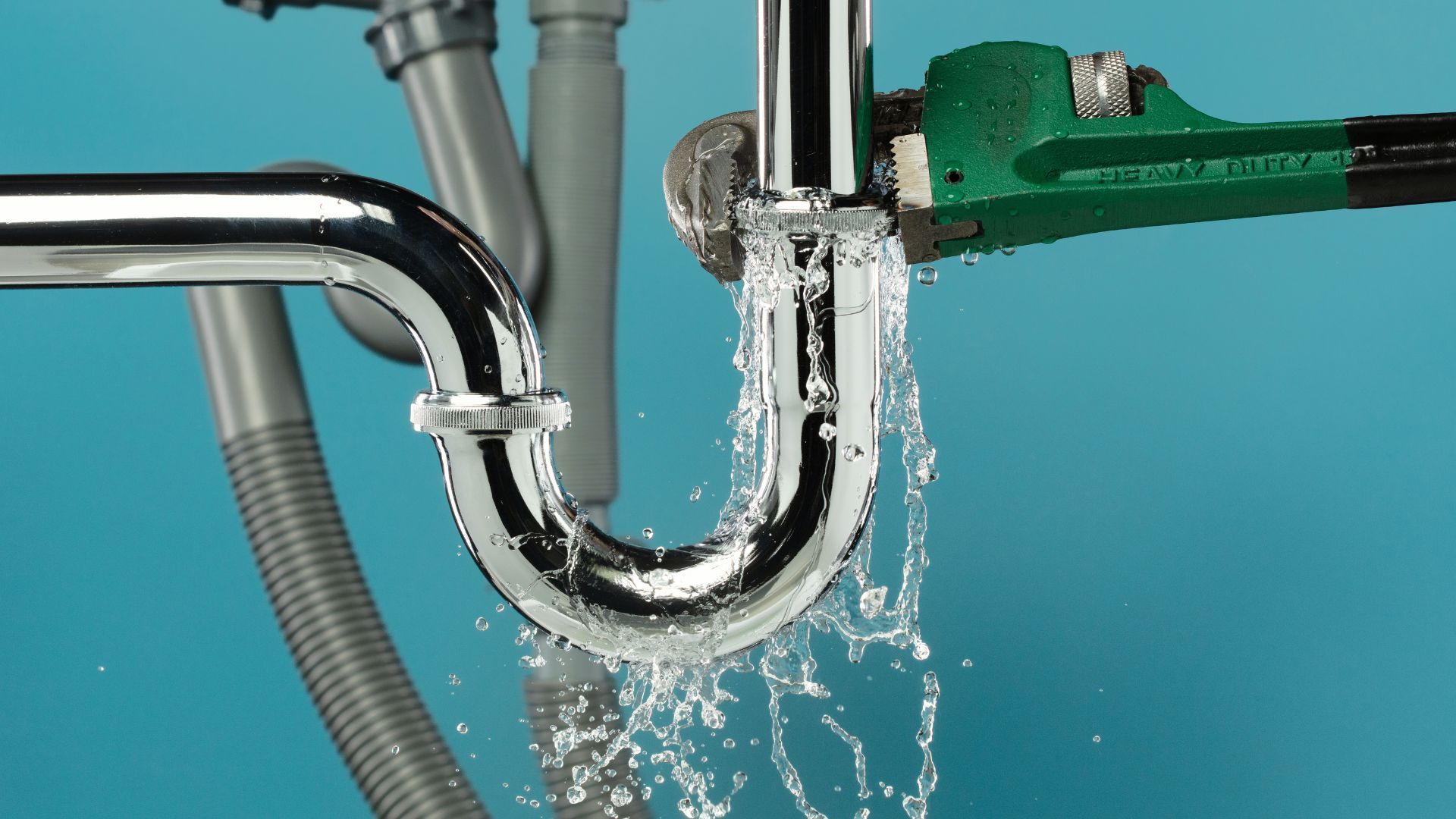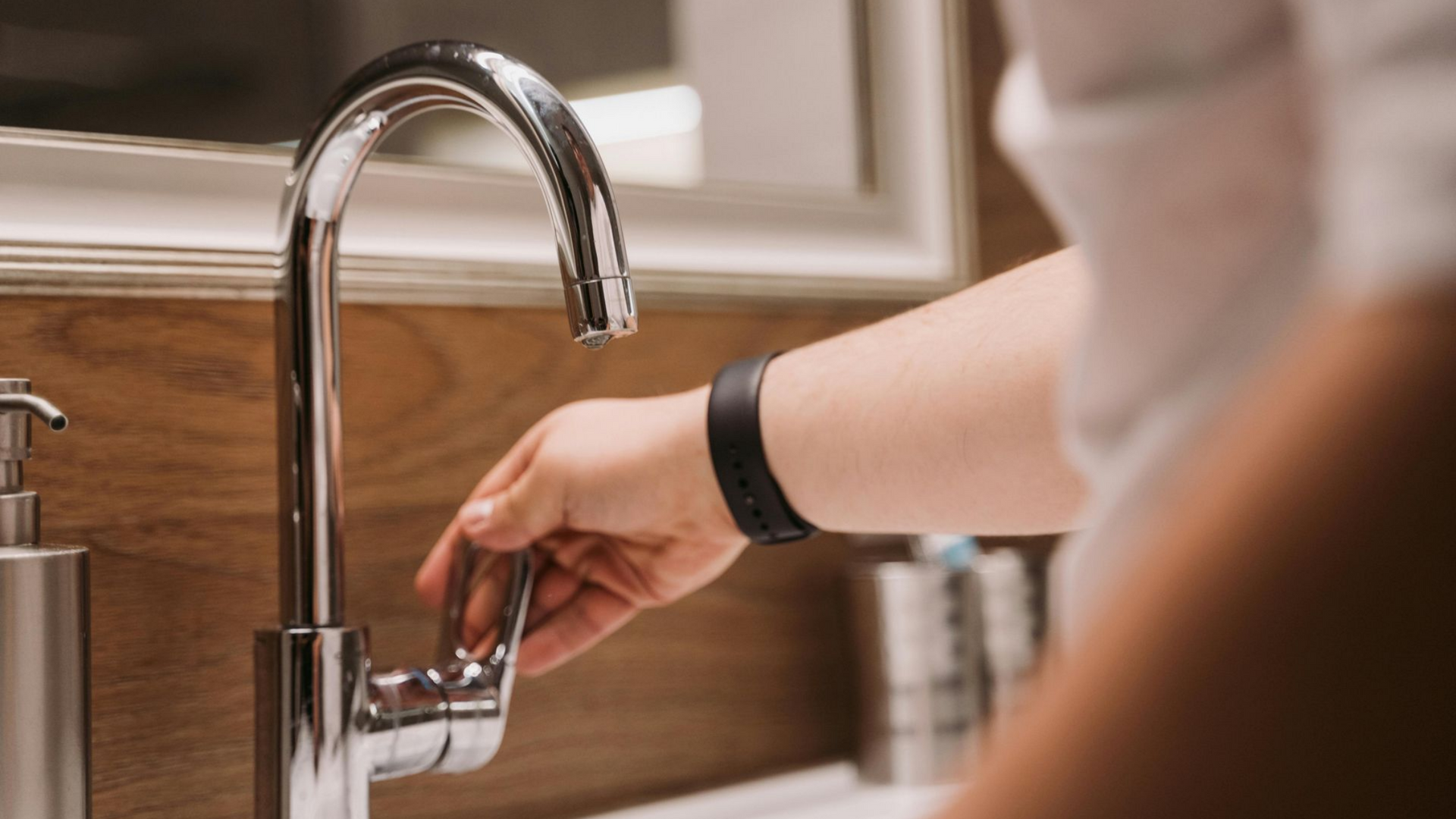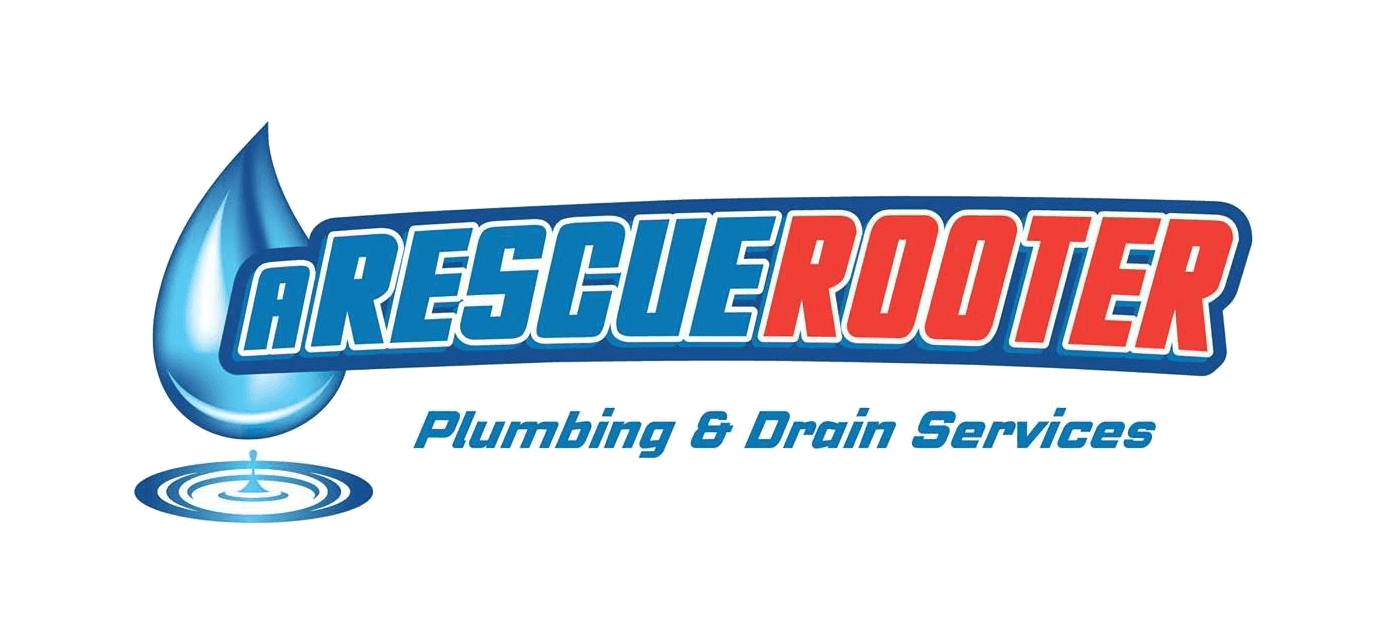Are you in need of a reliable and experienced plumber?
A Rescue Rooter Is Here When You Need Us!
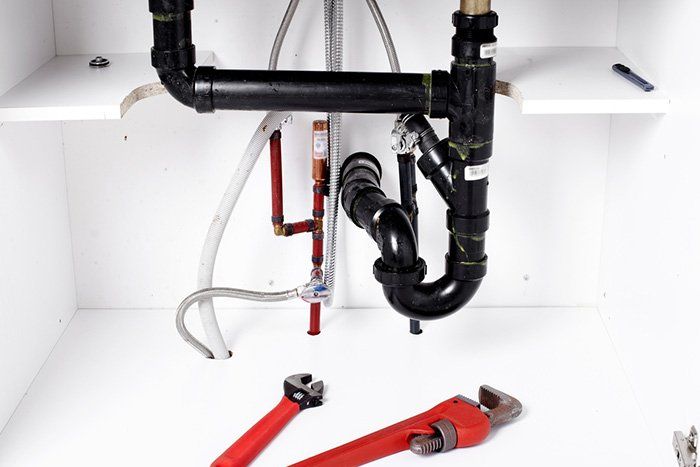
Choosing a local professional, such as plumbing company, should take place long before an urgent situation happens. Every homeowner should have a reliable and trustworthy plumbing company in their contacts. Choose a plumbing professional that will suit your present and future needs. If you call the first company you find out desperation in an emergency, you may regret it. A company that isn’t reputable will sense your desperation and take advantage of you. Find professionals that are available seven days a week, twenty-fours a day and will provide a free estimate.
Tap in to your network of friends, neighbours, family and co-workers and ask who they recommend. They will be honest and tell you the truth. Especially if the work that you need to be done has been completed at a friend’s home. If you are acquainted with a contractor or other professional, such as an electrician, they may have a few recommendations for you. All of these folks will be honest with you. Consider all of these people as a reliable source of information. A Google search while reading reviews is a good idea also. It amazing what online reviews will reveal, good and bad.
Don’t forget to get quotes from plumbers for larger jobs such as renovations, installations and all repairs that involve plumbing issues. A reputable company will service all your plumbing needs and have staff members on their team able to perform the tasks needed from start to finish. If you’ve used a plumbing company for a renovation for instance, you’re ready for any emergency that may occur. All plumbers should be licensed by the way. Gathering quotes is also the optimal time to see if the company is the right fit for you. You should feel comfortable asking questions. After all, it’s your money. The cost quoted should include parts and labour, as well as the estimated time to complete the work to be completed. The quoted cost may be a general cost in conversation but the actual work should be quite close to the actual cost. There should also be a parts and labour warranty on all work that is performed.
If you have an emergency, a good plumber will also be quick to respond and offer cost effective solutions to your needs. Actually, a good plumbing service will always discuss the mechanics of the job and the related costs with you, whether or not it’s an emergency. A reputable plumbing service will come to your aid with the tools needed to complete the task. Any job should not be too big or too small. All work has to be completed by licensed and trained plumbing professionals.
Find a company you’re comfortable with, has a lot of experience covering all plumbing needs and will put the customer first. If the company has customers that include those that are residential, industrial and commercial, you know that you’re hiring a professional that will satisfy all your needs. Remember to make a well-thought out and informed decision.
